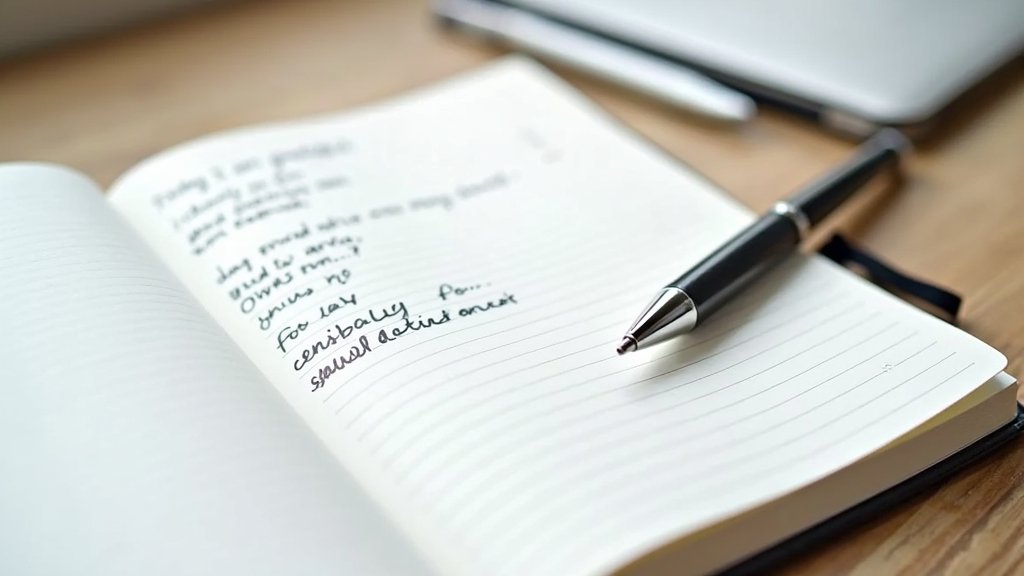How To Grow Mental Strength And Resilience
Growing mental strength and resilience is a proactive process of training your brain to handle adversity, manage emotions, and bounce back from setbacks. It involves cultivating a growth mindset, practicing emotional regulation, building strong social connections, and maintaining physical health through consistent, daily habits and disciplined thinking patterns.
Laying The Foundation For Mental Fortitude
Mental strength isn’t an innate trait; it’s a skill built through consistent practice. It’s the bedrock that allows you to navigate life’s inevitable challenges without being shattered by them.
Understand The Core Components
Resilience is built on three key pillars:
- Emotional Regulation: The ability to manage and respond to intense emotional experiences in a healthy way.
- Realistic Optimism: Viewing challenges as temporary and surmountable without ignoring reality.
- Impulse Control: The capacity to pause between a trigger and your response, choosing your action deliberately.
Embrace Discomfort Daily
Strength is built outside your comfort zone. Intentionally engage in small, challenging activities each day. This could be:
- A cold shower for 60 seconds
- Starting a difficult conversation you’ve been avoiding
- Tackling your most dreaded task first thing in the morning
Establish Non-Negotiable Routines
Structure creates predictability, which reduces mental energy expenditure. A solid morning routine sets the tone for a disciplined day. A sample 30-minute routine could include:
- 5 minutes of deep breathing and intention setting
- 10 minutes of journaling (gratitude and daily priorities)
- 15 minutes of physical activity (yoga, stretching, or a brisk walk)
Cultivating A Resilient Mindset
Your perspective dictates your experience. Shifting how you view challenges is fundamental to building resilience.
Reframe Your Self-Talk
The internal narrative you maintain directly impacts your resilience. Replace catastrophic language like “This is a disaster” with more measured, accurate statements like “This is a tough situation, but I can handle it.” Practice identifying cognitive distortions such as all-or-nothing thinking and personalization.
Practice Radical Acceptance
Fighting against reality is exhausting. Acceptance is not approval; it is acknowledging the facts of a situation so you can effectively problem-solve within them. For example, accepting a job loss allows you to channel energy into a job search, rather than ruminating on the unfairness of it.
Adopt A Growth Mindset
Believe that abilities can be developed through dedication. When you fail, instead of thinking “I am a failure,” ask “What can I learn from this?” This transforms setbacks into data points on your learning curve, not final judgments on your capability.
Essential Tools For Emotional Regulation
Managing overwhelming emotions is a superpower. These tools prevent you from being hijacked by your feelings.
Master The P.A.U.S.E. Technique
When you feel emotionally triggered, follow this 5-step method:
- P: Pause everything. Stop talking and moving.
- A: Acknowledge the physical sensation and name the emotion.
- U: Understand the trigger. What thought sparked this?
- S: Slow your breathing. Take 4 deep, diaphragmatic breaths.
- E: Engage and respond consciously, not react impulsively.
Develop Keystone Habits
Certain habits have a ripple effect, making other areas of mental strength easier. The two most powerful are:
- Consistent Sleep (7-9 hours): Sleep deprivation dramatically lowers your emotional threshold and impairs cognitive function.
- Regular Exercise (30 mins, 4x/week): Physical exertion is a potent stress reliever and boosts neurochemicals like BDNF, which is like fertilizer for your brain.

Building Your Support System
Resilience is not built in isolation. Connection is a critical buffer against stress.
Curate Your Inner Circle
Surround yourself with people who embody the strength you want to develop. These are individuals who offer support but also challenge you to be better. Limit time with “emotional vampires” who drain your energy without reciprocation.
Learn To Ask For Help
Asking for help is a sign of strength, not weakness. Be specific in your requests. Instead of “I’m stressed,” try “Could we talk through this problem I’m having? I need a fresh perspective.”
Advanced Resilience Techniques
For those who have mastered the basics, these strategies can provide an extra edge.
Implement Stress Inoculation Training
Gradually expose yourself to controlled levels of stress to build tolerance. This could involve public speaking practice, simulated high-pressure scenarios at work, or physical challenges like endurance events.
Practice Mental Rehearsal
Elite athletes and performers visualize success and navigate obstacles in their minds. Spend 10 minutes daily visualizing yourself handling a difficult future situation with calm and competence. This primes your neural pathways to execute effectively in real life.
Conduct Weekly Reviews
Set aside 30 minutes each week to reflect. Ask yourself:
- What was my biggest challenge this week?
- How did I handle it well?
- What would I do differently next time?
- What is one small improvement I can make next week?
This turns experience into wisdom.
Frequently Asked Questions
1. How long does it take to build mental resilience?
There’s no fixed timeline, as it’s a continuous practice. However, with consistent daily effort, you can notice significant improvements in your stress response and emotional regulation within 4-8 weeks. Building deep, ingrained resilience is a lifelong journey.
2. What’s the biggest mistake people make when trying to become mentally stronger?
The most common mistake is confusing mental strength with suppressing emotions. True strength involves acknowledging feelings, understanding their message, and then choosing your response. Ignoring or bottling up emotions leads to bigger breakdowns later.
3. Can therapy help with building resilience, even if I’m not in crisis?
Absolutely. Therapy is not just for crisis management. A therapist acts as a coach, providing evidence-based tools (often from CBT or DBT) to reframe thoughts, regulate emotions, and build coping strategies, effectively accelerating your resilience training.
4. How does physical health impact mental resilience?
The mind and body are inextricably linked. Poor sleep, nutrition, and lack of exercise lower your baseline for handling stress, making you more reactive and less logical. Prioritizing physical health provides the biological foundation for a strong, resilient mind.

